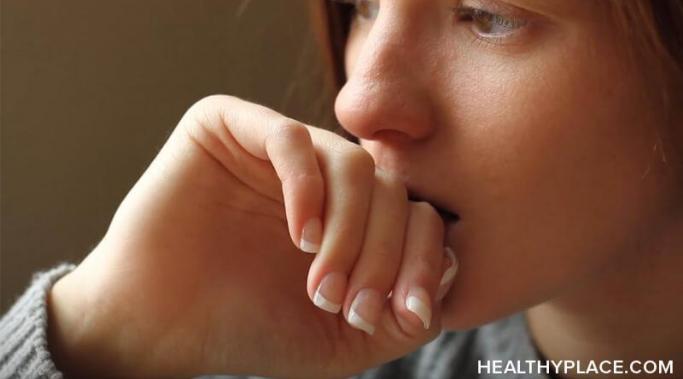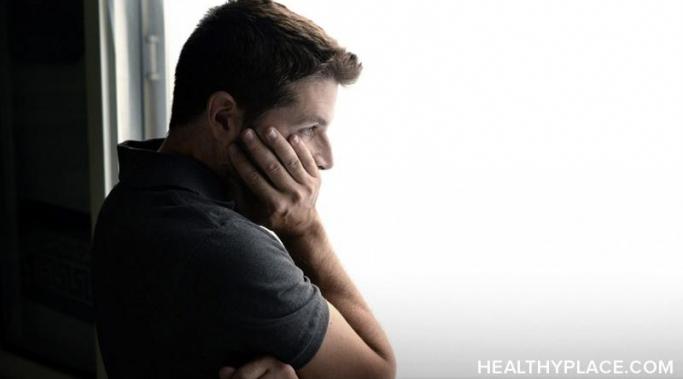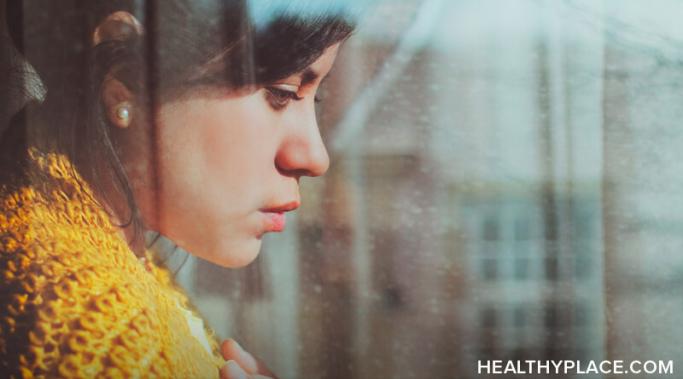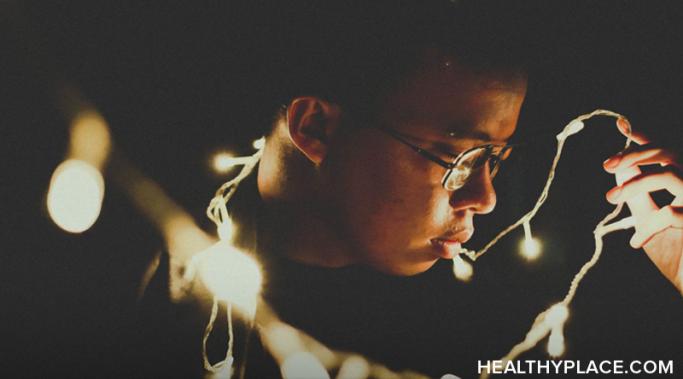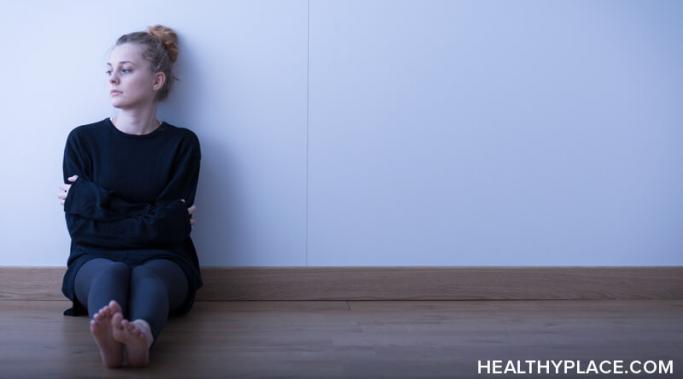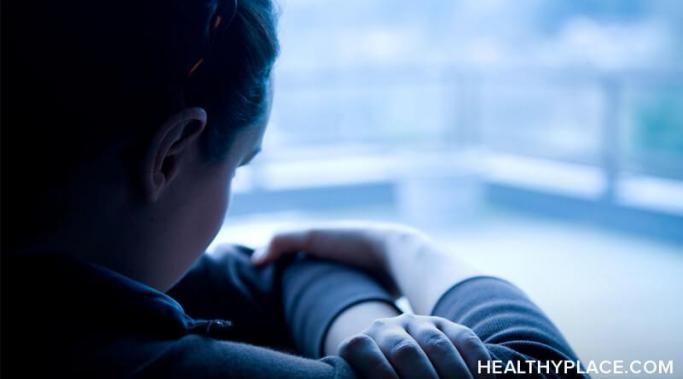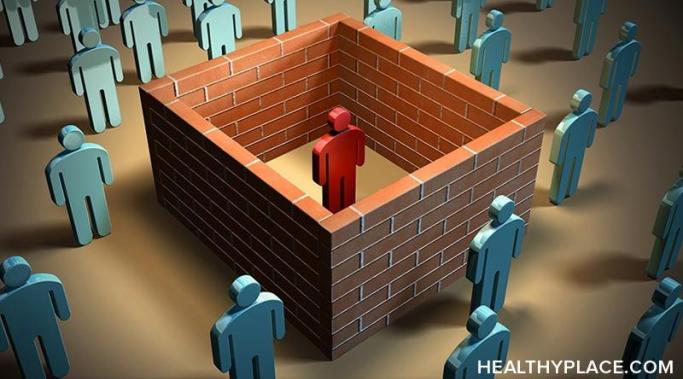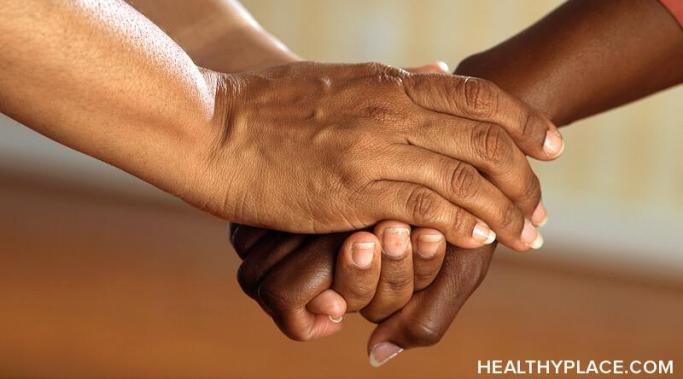The global pandemic has altered many aspects of our day-to-day lives, but what is its impact on mental health stigma? From what I've seen of discussions and news reports and so forth, more and more folks are experiencing mental health struggles during this change in lifestyle and time of uncertainty. I wonder, though, what impact that might have on how mental health is treated by society.
Surviving Mental Health Stigma
As open as I am about my depression, I'm not completely open about it. I'll talk about having depression and how dark it can get, which is done both in an effort of catharsis and to show others who may be going through the same thing that they're not as alone as depression can make us feel. It's also an important part of taking on mental health stigma, which is something I strive for whenever I can. Ironically, mental health stigma can be a part of what keeps me from being completely open about my depression.
Does mental health stigma make you feel like an imposter? I've been thinking about this question because the more I look at mental health stigma, the more I can see it entangled in certain aspects of the mental health conversation I didn't expect. Let's take a look at imposter syndrome and mental health stigma.
A "Forbes" article from 2019 cites that 80 percent of New Year's Resolutions fail, sharing a number of reasons why that happens.[1] When it comes to your mental health goals, can stigma be one of the things derailing your resolutions? We're nearing the end of this first month into the new year, and I know many people will be evaluating how they're doing with their resolutions, so I wanted to take a look at this topic.
I see a certain question come up time and again in discussions about health—which is more important: physical or mental health? Even if no one directly asks that question, the undertone of a large number of these conversations pits these two aspects of health against one another. We're even seeing it now with the global pandemic that continues to shake the world.
One important thing for folks to realize is that mental health struggles don't take a holiday. Given the year that 2020 has been and the on-going restrictions on gatherings across the globe, I imagine that it may be easier to see than ever before, with the holidays looking different than usual. All the same, I wanted to take time to comment on mental health struggles during the holiday season and how mental health stigma factors into that.
Coping with unintentional mental health stigma is an important skill to have. The reason for that is even people with the best intentions can stigmatize mental health with their words or actions. Although they might now mean any harm, there's still the potential for harm, and having the tools to cope with those situations is useful.
The links between mental health stigma and trigger warnings are multifaceted, which means navigating trigger warnings can be complicated. Mental health triggers are often easily dismissed as weakness or laughable, but they're very real, and warnings can help people prepare for a situation. However, those who don't want trigger warnings can also feel stigmatized by them.
Talking isn't enough to break mental health stigma, which I think may be a hard pill to swallow. I know how impactful conversation and general mental health awareness efforts can be on an interpersonal level, and I don't mean to say those things aren't important. However, we need to understand that they're not enough to break mental health stigma entirely, and here's why.
Recovery may not look as expected, and I believe reshaping mental health recovery can be a tool to combat mental health stigma. By challenging the perception we have of recovery, it may help people understand that mental health struggles don't necessarily go away. Reshaping mental health recovery can contribute to stopping the idea that we should associate mental health struggles with willpower, contagion, and other harmful notions brought on by stigma. There are two keys ways I see to do this.


